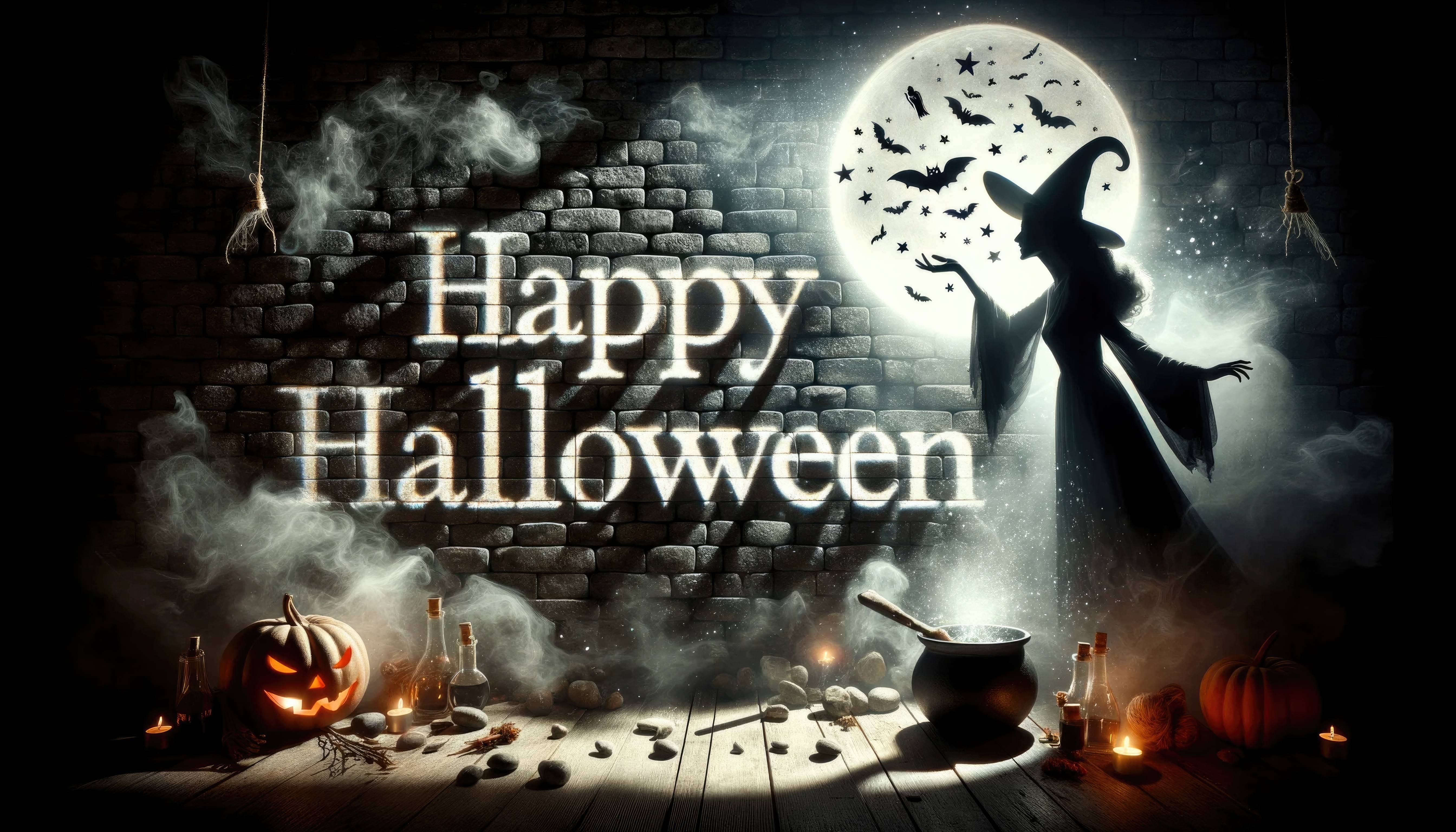
Halloween celebrated on October 31st, has a rich history rooted in
Celtic traditions and Christian influences. Its modern form blends ancient
customs with contemporary fun, making it a beloved holiday across the globe.
Halloween's
origins are rooted in the ancient Celtic festival of Samhain, which signified
the end of the harvest season and the start of
winter. According to Celts, the boundary between the living and the dead was
blurred on this night, allowing spirits to roam free.
To protect themselves from evil entities, they lit bonfires
and dressed in costumes to disguise themselves.
As Christianity
spread, the holiday underwent transformation.
Pope Gregory III designated November 1st as All Saints' Day, a time to honour
saints and martyrs. The night before, October
31st, became All Hallows' Eve, eventually shortened to
Halloween. The church incorporated some of Samhain's customs, such as lighting
candles and wearing costumes, into these Christian celebrations.
Halloween arrived
in America with European immigrants, particularly the Irish. Trick-or-treating
became a holiday that is centred on community over time. Children used to go
door-to-door asking for treats to avoid pranks in the early 20th century. The tradition of
dressing up in costumes, decorating homes, and enjoying sweet treats is still a
central part of Halloween today.
The holiday's
popularity has spread to different countries, where haunted
houses, pumpkin carving, and
spooky-themed parties have become more popular.
To sum up, the celebration of Halloween is deeply rooted in ancient Celtic beliefs, transformed by Christian influences, and embraced by modern society as a time for costumes, treats, and spooky fun. It serves as a link between the past and the present, linking us to our past while allowing for creativity and imagination to thrive in the present day. Halloween is a holiday that is cherished and enduring, and it continues to captivate people of all ages, whether you're a child eagerly awaiting a candy haul or an adult revelling in the festivities.
Now it's time for you to guess the words. Do you know all their meanings?
Try to match the words with the correct definitions
A person who suffers very much or is killed because of their religious or political beliefs, and is often admired because of it.
A usually large amount of something that has been stolen or is illegal.
The act of enjoying activities.
Bringing the pleasure of love or caring about someone or something that is important to you.
The time of year when crops are cut and collected from the fields, or the activity of cutting and collecting them, or the crops that are cut and collected.
To grow, develop, or be successful.
The world.
To hold the attention of someone by being extremely interesting, exciting, pleasant, or attractive.
To become fixed or established.
To accept something enthusiastically.
A type of food that is eaten in addition to your
usual meals, usually something sweet.
To move about or travel, especially without a clear idea of what you are going to do.
To give a new appearance to a person or thing, especially in order to hide its true form.
To experience something that is unpleasant or something that involves a change.
To make something by cutting into especially wood or
stone, or to cut into the surface of stone, wood, etc.
To become shorter or to make something shorter.